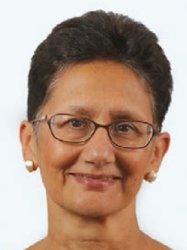BibTex format
@article{van:2024:10.1136/archdischild-2023-325746,
author = {van, Blankenstein E and Sodiwala, T and Lanoue, J and Modi, N and Uthaya, S and Battersby, C},
doi = {10.1136/archdischild-2023-325746},
journal = {Archives of Disease in Childhood: Fetal and Neonatal Edition},
pages = {143--150},
title = {Two-year neurodevelopmental data for preterm infants born over an 11-year period in England and Wales, 2008–2018: a retrospective study using the National Neonatal Research Database},
url = {http://dx.doi.org/10.1136/archdischild-2023-325746},
volume = {109},
year = {2024}
}

